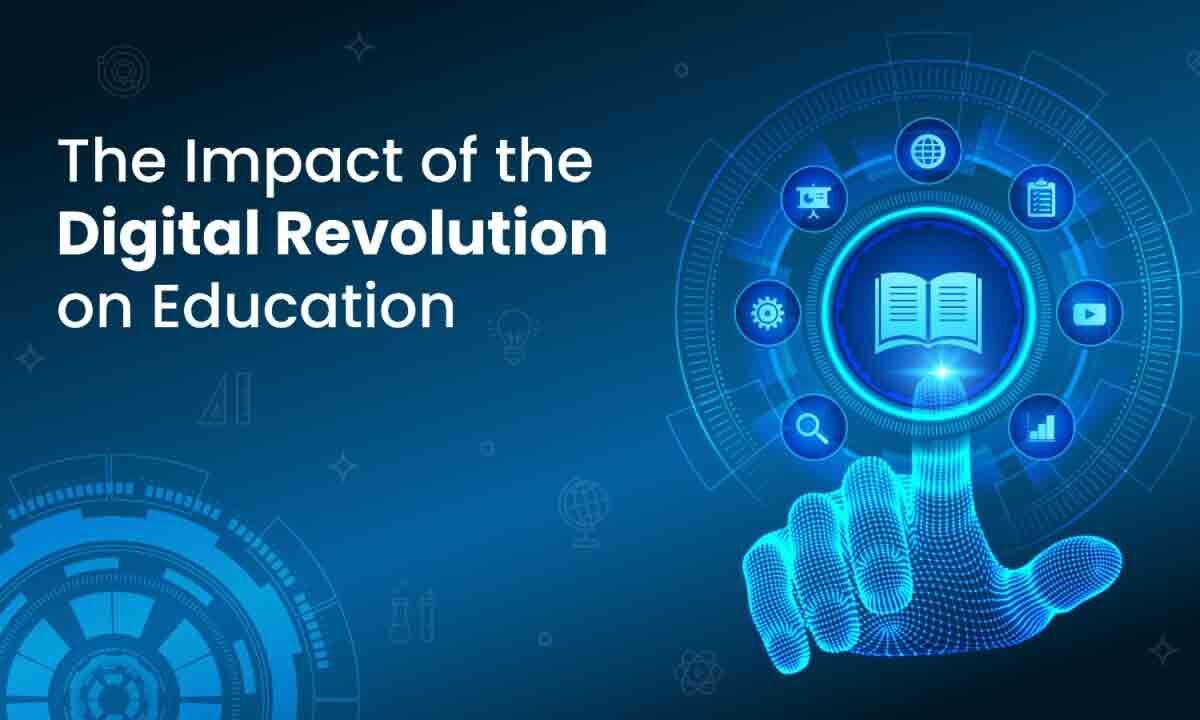In a groundbreaking move, several Asian governments have jointly launched initiatives to transform digital education in the region, aiming to close the learning gap that widened during the COVID-19 pandemic. Countries such as India, South Korea, and Malaysia are rolling out national programs that integrate technology, AI-driven teaching tools, and international academic partnerships into public school and university systems.
India’s Ministry of Education has unveiled a new initiative that will equip over 10,000 government schools with smart classrooms by the end of 2025. These classrooms will feature interactive digital boards, AI-based personalized learning systems, and multilingual content tailored to students from diverse linguistic backgrounds. The government is also partnering with leading universities to offer online certificate and degree programs in emerging fields like data science, renewable energy, and cybersecurity—especially for rural students who lack access to traditional higher education pathways.
In South Korea, a newly formed National Education Technology Council has announced plans to provide virtual labs, simulation-based science lessons, and VR-integrated history modules to enhance classroom engagement. The government is also pushing to make 5G-powered online education accessible across urban and rural districts, ensuring that all students benefit from consistent, high-quality content delivery.
Malaysia is focusing on teacher training, with over 100,000 educators expected to receive digital upskilling by early next year. The plan includes courses on coding, virtual assessment methods, and digital curriculum planning, aiming to modernize pedagogy and improve learning outcomes across primary and secondary education.
These reforms come as international bodies emphasize the importance of resilient and inclusive education systems that can withstand future disruptions. With growing support for public-private collaboration, Asia’s educational institutions are poised to leap ahead, positioning the region as a global hub for digital learning and innovation. The shift reflects a broader trend: education is no longer confined to traditional models, and the future lies in adaptable, technology-enhanced systems that reach every learner, regardless of location or background.



0 Comments